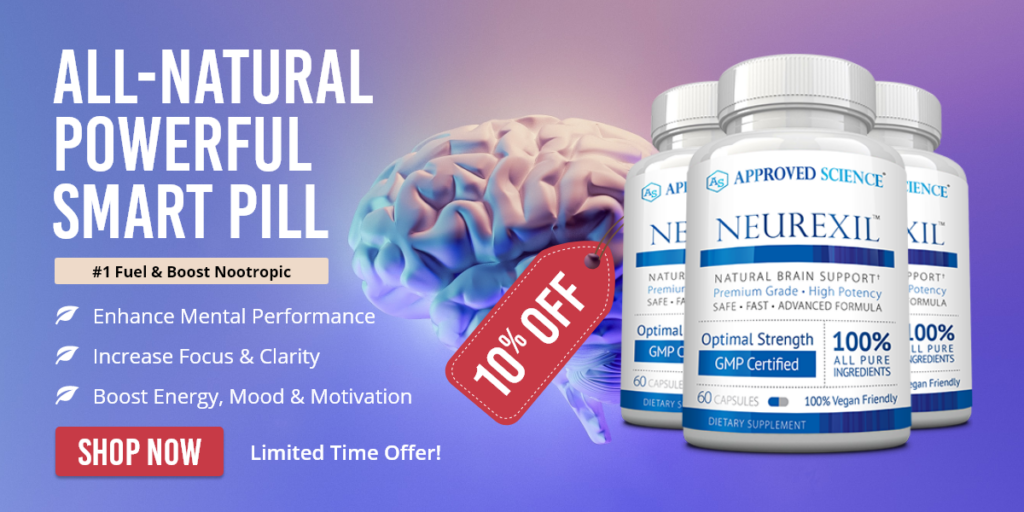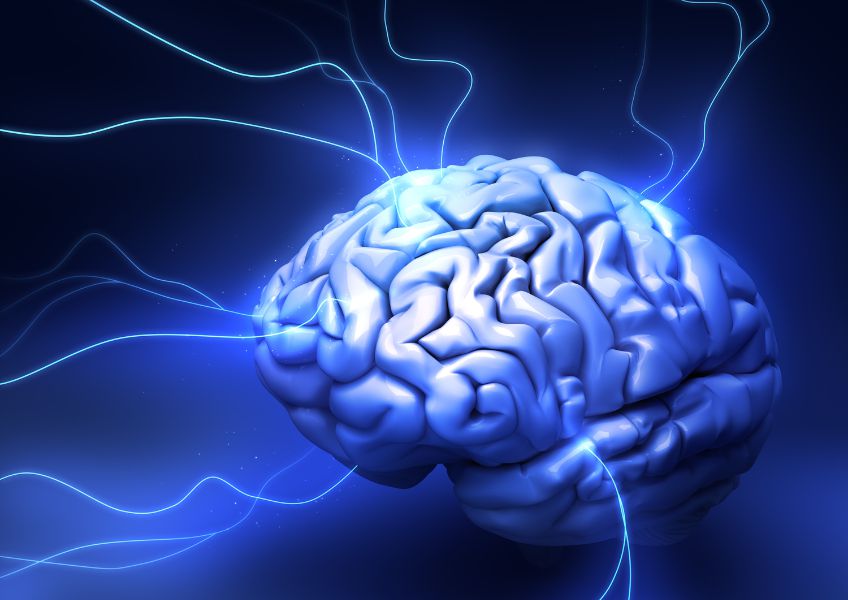Are you looking for ways to jump start your brain and protect your cognition? If so, this blog post is for you! We’ll explore 7 effective strategies that you can use to improve your focus, mental clarity, and overall cognitive performance. From playing mind games to eating brain-boosting foods, you’ll find plenty of ways to boost your brain power and keep your mind sharp. So, let’s get started!
1. Get Enough Sleep Daily
Start your day off right by having a good night. Sleep is essential because your body carries out many types of maintenance works while you’re unconscious. One type of work it does is clear toxins away from the brain while you sleep (1). If you’ve ever started a day with too little sleep and not enough caffeine, you probably already know that a tired brain doesn’t function optimally. Insufficient sleep affects memory, focus, and reasoning, so make sure to catch some Zs every night in order to optimize your brain function in the morning and protect your cognition.
2. Challenge Your Mind
One of the most effective ways to jump start your brain and protect your cognition is to challenge your mind. This can be done in a number of ways, including solving puzzles, crosswords, riddles, and brainteasers, or playing trivia games. Regularly challenging your mind can help keep it sharp and can help to build new neural pathways in your brain that can help you learn new skills faster. It can also improve your ability to remember facts, figures, and information.
Other ways to challenge your mind include learning a new language, reading more books or articles on topics you’re interested in, playing chess or other strategy games, and taking classes or doing activities that require problem-solving or creative thinking. All of these activities will help to stimulate your brain and improve your cognitive skills.
3. Eat A Brain-Healthy Diet
Eating a healthy diet is one of the most important things you can do to keep your brain functioning optimally. Eating a balanced diet provides your brain with the essential nutrients it needs to stay sharp. Additionally, getting the recommended daily allowances of vitamins and minerals, such as Iron, Magnesium, and Folate, can also help to boost brain health and protect against cognitive decline.
To jump start your brain, try to also eat foods that are rich in antioxidants that can cross the blood-brain barrier. For example, Blueberries, Turmeric, Green Tea, Omega-3s, and Astaxanthin (found in salmon), all provide antioxidants that can actually exert a positive effect on the brain.
4. Take A Supplement
It can be hard to get all the right nutrients for your brain on a daily basis, which is why brain-boosting supplements like Prevagen are so popular. Nootropics are a special type of supplement that is specially designed to jump start your brain for better memory and performance. Smart pills should include ingredients such as Acetyl-L Carnitine and Magnesium for supporting neurotransmitter function, Ginkgo Biloba for improving blood flow, B Vitamins for supporting blood strength and mental energy, and Guarana which contains slow-release caffeine that combats fatigue and supports brain function. These are only some of the ingredients that have been found to support cognition; you can find out more about beneficial ingredients in this post about how brain boosters work.
Approved Science® Neurexil™ combines clinically-studied ingredients in potent dosages for boosting the brain to help enhance your cognition. It has no reported side effects and is safe for use. Neurexil™ reviews from customers have reported better memory recall, increased concentration, and improved brain function. Make a smart purchase by ordering Neurexil™ through the banner below for an exclusive 10% discount!
5. Take Deep Breaths
It may seem pretty natural but breathing is actually magical. Instead of chanting incantations, all you need to do is adjust inhalation and exhalation times to achieve certain effects. Taking slow, deep breaths in which the exhalation is longer than the inhalation relaxes the body by activating the parasympathetic nervous system which slows down heart rate and improves heart rate variability (2). Individuals who underwent 8 weeks of breath training in which they achieved an average respiratory rate of 4 breaths per minute displayed improved attention and lower cortisol levels (3).
In addition to helping kick start your brain by supplying oxygen, the effects of slow breathing can also boost your cognition by affecting your stress levels. Chronic stress is a large contributing factor towards cognitive decline (4). When we are feeling overwhelmed and anxious, our minds can become foggy and it can be difficult to focus. Managing stress is essential for protecting our brain and keeping it functioning optimally.
Try meditation or taking slow deep breaths to lower your heart rate and decrease feelings of stress so you can think more clearly. One of the most popular breathing techniques, referred to as box breathing, consists of breathing in for 4 seconds, holding it for 4 seconds, exhaling for 4 seconds, and pausing for 4 seconds before starting the cycle again (5). Experiment with box breathing to see how it benefits your cognition.
6. Exercise Regularly
Regular exercise is essential for good brain health and cognitive functioning. Physical activity increases blood flow to the brain, which helps with concentration and thinking. Exercise also releases endorphins that can help improve your mood, thereby reducing stress and anxiety. Regular exercise can even help reduce age-related mental decline, as it strengthens connections between nerve cells in the brain (6). To reap the benefits of exercise, aim to get at least 30 minutes of moderate physical activity per day. This could be as simple as going for a walk or dancing in your living room if you find the gym boring and demotivating. Explore different types of exercise to find one that you really enjoy so it can easily become a part of your life.
7. Stay Social
Socializing is an important part of overall mental health and cognition. Connecting with friends and family gives us a sense of purpose and belonging, which can help protect us from cognitive decline. Interacting with people of different ages and backgrounds can help us to keep learning and challenging our minds. Studies have found that socializing with friends and family can even help reduce stress and improve overall mental health (7). So don’t forget to take time out of your day to be social and spend time with your loved ones.
Bonus Tip To Jump Start Your Brain
Combine exercising, managing stress, being social, and challenging your mind by trying out rock climbing. It’s a great, low-impact, fun exercise that provides the mental challenge of figuring out how to use the available rock holds to get yourself to the top of the route. Climbing may also help to relieve stress by encouraging social interaction, causing you to live in the moment, and stimulating the release of neurotransmitters that boost mood. At the lofty age of 99, Greta Plowman did her first climb ever (8), so don’t let ageist stereotypes hold you back.



